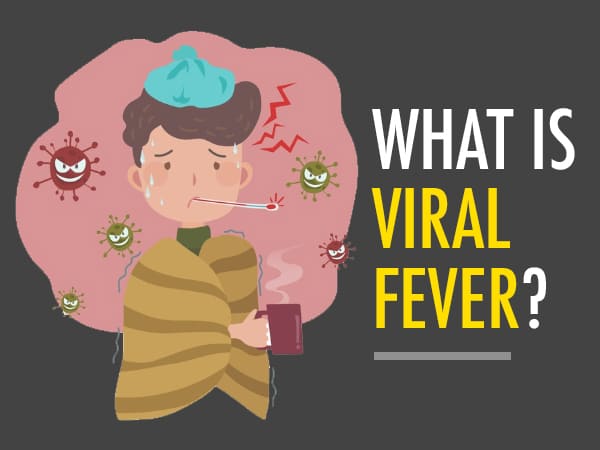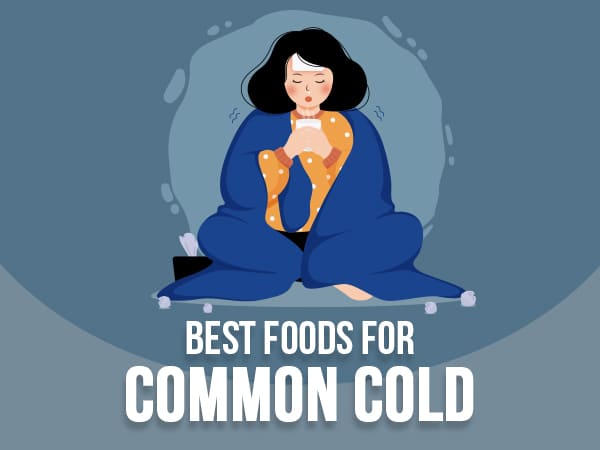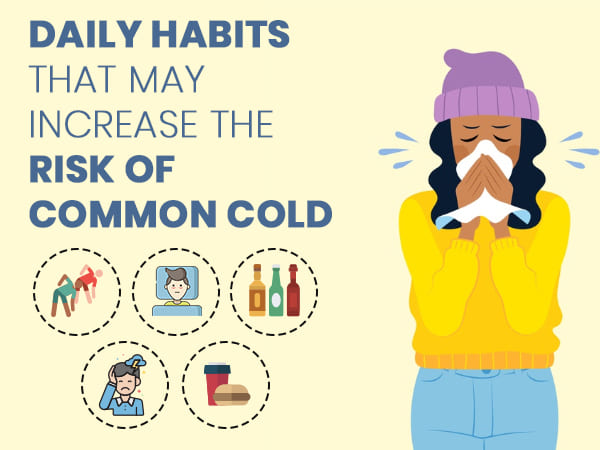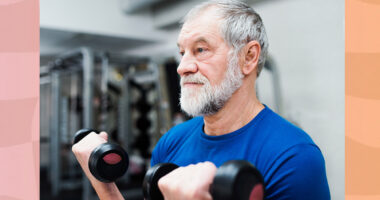
What To Do
1. Always wear a mask while stepping out
Since the beginning of COVID-19, wearing a mask has been the foremost rule to prevent the spread of the disease. There are no additional safety measures required if the neighbours are COVID-19 positive. Just remember to wear a fitting mask and step outside and avoid opening it in the infected premises.
 How Does Prone Positioning Help In The Management Of COVID-19 In Patients?
How Does Prone Positioning Help In The Management Of COVID-19 In Patients?

2. Carry hand sanitisers
Always carry a hand sanitiser (which is also the basic rule) in your pocket. This is because while steeping out, you are likely to touch something such as shoe rack or newspaper which can be a fomite and infect you. So, after coming out of the area/building/flat, first, sanitise your hands and then proceed with your work.
 FAQs On Hand Hygiene:What You Should Remember And Follow
FAQs On Hand Hygiene:What You Should Remember And Follow

3. Avoid elevators
Using elevators might increase the chances of infection as their buttons are touched by many people who may be asymptomatic. Therefore, it is better to avoid elevators and take the stairs. Also, while using elevators, make sure that social distancing measures inside the elevator are followed strictly (not more than 2-4 people).
 When Will the COVID-19 Pandemic Peak And End? A Data-Based Report
When Will the COVID-19 Pandemic Peak And End? A Data-Based Report

5. Avoid touching outside things
Objects or things such as staircase railings, mailbox, outdoor plants, etc can act as a fomite and spread the infection. Fomites are objects upon which viruses can get settled through respiratory droplets. They may further spread the infection when touched by people. Therefore, be careful of what you touch outside and prevent the risk of COVID-19.
 COVID-19: What You Should Know About Fomites or Things That Can Put You At Risk
COVID-19: What You Should Know About Fomites or Things That Can Put You At Risk

6. Maintain strict distancing from other neighbours for a few days
When one or two of your neighbours have been tested positive for COVID-19, chances are that others (including you) may have come in contact with them a few days before and are asymptomatic. It is always good to maintain a strict distance with them too for a few days.
 What Is Viral Fever? Know More About Its Symptoms, Causes, Treatment And Prevention
What Is Viral Fever? Know More About Its Symptoms, Causes, Treatment And Prevention
READ RELATED: A Full-Body Workout for Beginners That Can Ease You Into Barbells

7. Request for proper sanitisation of the area or building
The infected person might have touched several things before being diagnosed with COVID-19. Experts say that COVID-19 viruses can stay on surfaces or objects for days. Therefore, request for the sanitisation of the area and building to decrease the risk of the infection.

8. Help them with foods and medications
People who are diagnosed with COVID-19 are home quarantined for two weeks if they have mild symptoms or hospitalised if they have serious conditions. Their family members are also asked not to go outside under such circumstances. You can help them with foods, medications or other essentials if there is no one else to support.

9. Connect to them virtually
Visiting home-quarantined patients or their family members is not safe at least for two weeks. The best way is to connect to them virtually by calling them on the phone to ask about their health and well-being or if they need anything from you.

What Not To Do
10. Maintain distancing, not discrimination
The fear of the disease spreads faster than the disease itself. That is why, even if all safety measures are taken by the patients to prevent the risk of COVID-19, the discrimination against COVID-19 patients prevail in the society or areas where they reside. People should avoid such discriminations and try to help infected neighbours financially and emotionally, keeping in mind the social distancing and hand hygiene norms.
 15 Foods That May Help Prevent The Common Cold
15 Foods That May Help Prevent The Common Cold

11. Don’t lock them in their houses
There have been many reports saying that out of fear people are locking the houses of the COVID-19 patients with their families with no caretakers to bring groceries or medications for them. People should remember that such stigma will only make others fear and refrain themselves from undergoing a test, even if they observe COVID-19 symptoms. This can spread the virus even more due to the lack of treatment.

12. Refrain from gossiping and stop isolating
Though people with travel history, medical staff, doctors, garbage collectors, sanitary staff, airline employees and policemen are worshipped for their work during the pandemic, their families are boycotted by the neighbours due to fear of COVID-19 spread. If they test positive for COVID-19, instead of gossiping or isolating their families, one must keep in mind the services they have offered to us. Refrain from gossiping and isolating that might emotionally affect the family.
Source:



 Daily Habits That May Increase The Risk Of Common Cold
Daily Habits That May Increase The Risk Of Common Cold Signs That Say It’s More Than Just A Common Cold
Signs That Say It’s More Than Just A Common Cold 21 Effective Natural Home Remedies For Fever
21 Effective Natural Home Remedies For Fever




